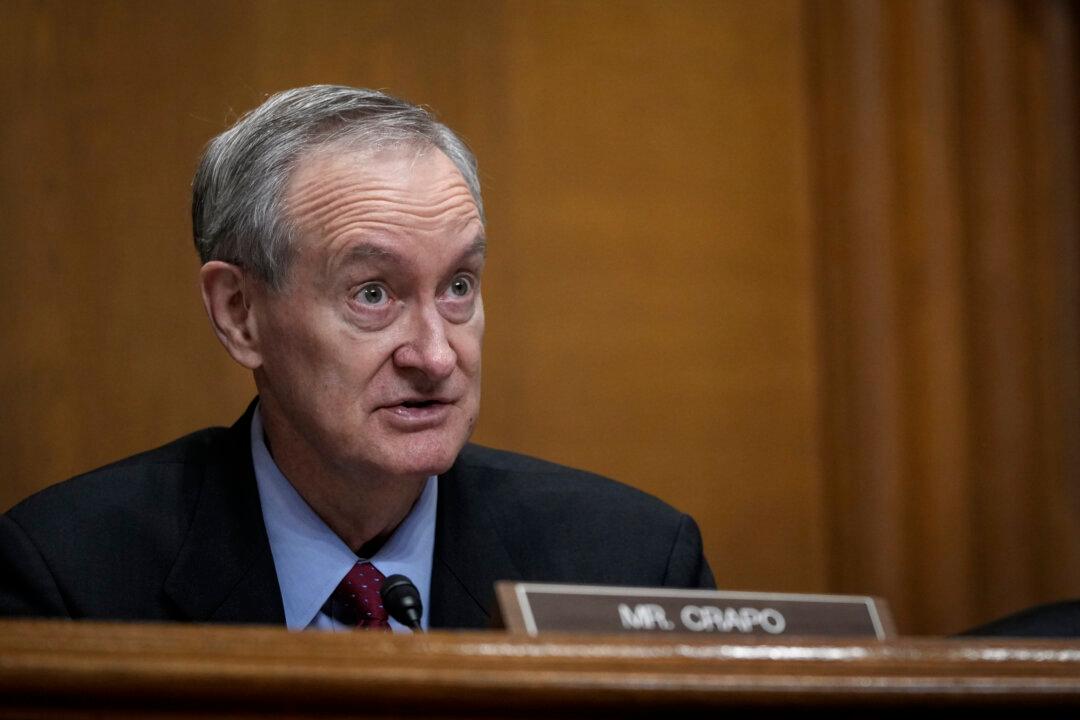Leaders of the Senate Finance Committee and House Ways and Means Committee introduced a bipartisan bill on Thursday to relieve double taxation of investments between the United States and Taiwan.
The bill was introduced by Senate Finance Chairman Ron Wyden (D-Ore.) and ranking member Mike Crapo (R-Idaho), as well as House Ways and Means Chairman Jason Smith (R-Mo.) and ranking member Richard Neal (D-Mass.).





